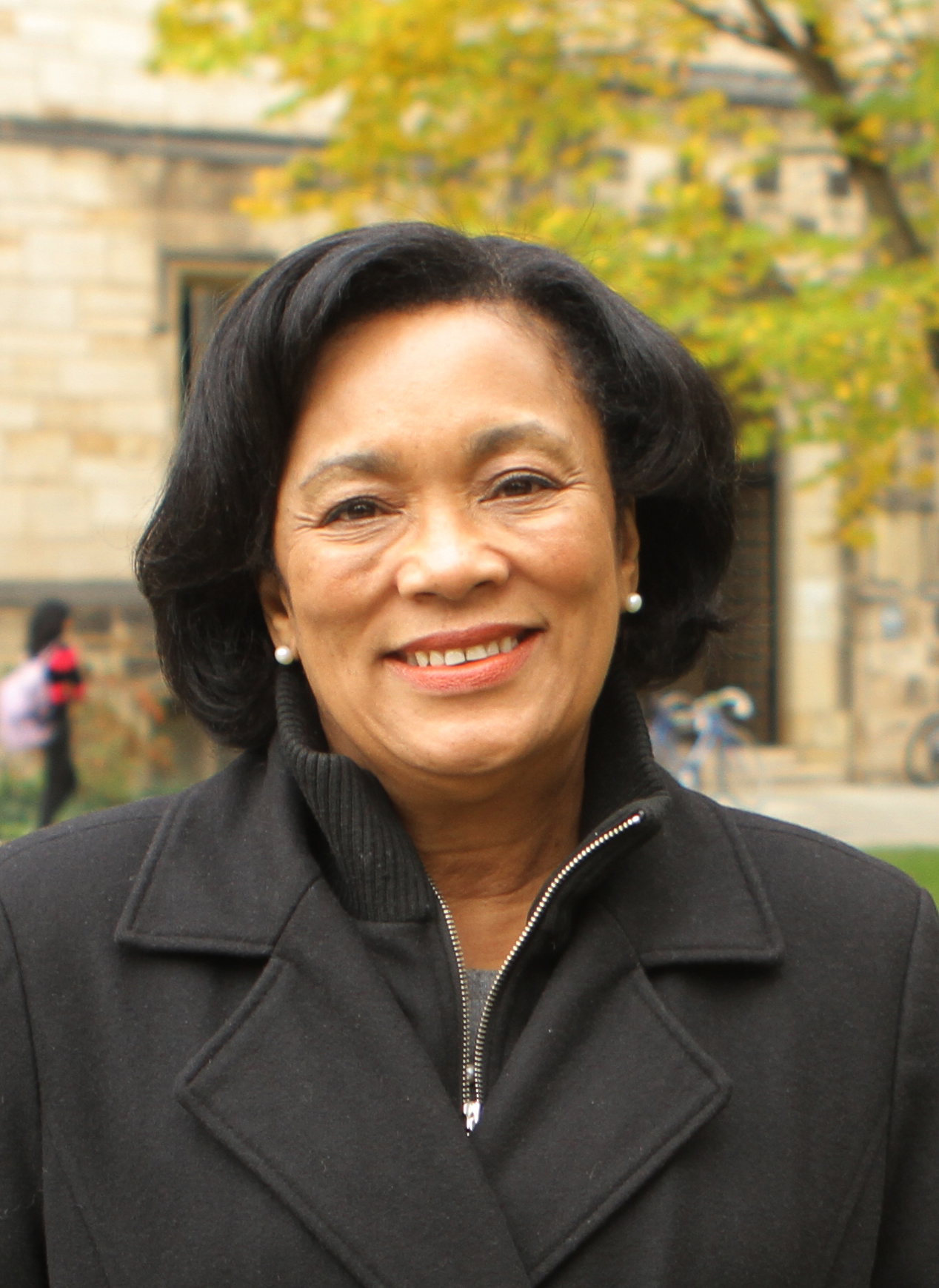
As Mayor Toni Harp seeks re-election this fall, her last mayoral campaign is now the subject of a state investigation.
The State Elections Enforcement Commission, which oversees all of Connecticut’s campaigns and elections, has opened a formal investigation into Harp’s 2017 campaign for mayor in response to a complaint filed on March 7 by Justin Elicker, who is challenging Harp this year for the city’s top office. The investigation centers on the Harp campaign’s handling of its financial reporting obligations. While the exact contents and scope of the investigation are not public, the Commission determined that Elicker’s complaint — alleging multiple repeated violations of campaign finance law, including lack of donor disclosure and failure to comply with reporting deadlines — warranted an investigation.
“This is a complaint that came in from a citizen,” Joshua Foley, spokesperson and attorney with the commission told the News. “There’s not a specific timeline for resolving complaints … because it depends on the specifics of the case.”
Elicker filed the complaint against Harp’s 2017 campaign and its treasurer, Jonathan Peter Wilson. In the complaint, he outlined 13 alleged violations committed by the campaign, the most serious of which involves a failure to disclose donor information for nearly $100,000 in campaign funds.
Wilson, who has since been named treasurer of Harp’s current campaign, did not respond to requests for comment. Harp’s current deputy treasurer Andrea Scott told the News in an interview after Elicker filed his complaint that the current team is hoping to move forward and avoid the issues that faced the last campaign.
Other alleged violations outlined in the complaint include missed deadlines and late reports.
The commission has one year from the date of filing to resolve civilian complaints, and, depending on investigatory findings, can recommend several courses of action. Foley told the News that each investigation is assigned to an enforcement attorney and a legal investigator, who work together to gather evidence and present their findings to the commission. The commission, which is made up of five citizens, then recommends a course of action.
Those actions can vary widely, but Foley told the News that they are usually “somewhere in between” the two extremes of simply dismissing the complaint and referring it to other offices for criminal investigation.
Investigations can be conducted through a variety of methods, including requiring documents and conducting interviews. Foley said that he was unable to discuss the specifics of this investigation. Elicker, who was informed of the investigation in a letter from the commission, has not had further contact with the commission. Elicker told the News that he hopes that the ultimate result from the investigation is that Harp’s team releases the missing donor information.
Elicker said the investigation should ensure the publicization of documents “because the Harp campaign has not been forthcoming about [the source of donations].”
When asked by a reporter from the New Haven Independent about the violations and discrepancies claimed by Elicker, Harp told the reporter that she was unaware of the violations and chose to entrust her staff, signing off on the reports and filings because she “thought they were complete.”
Elicker told the News that such a response is unacceptable. He cited it, and two other incidents at City Hall in Harp’s tenure — employees who engaged in credit card misuse and payroll theft, respectively — as showing Harp’s lack of commitment to “transparency.”
Harp is New Haven’s 50th mayor.
Angela Xiao | angela.xiao@yale.edu







